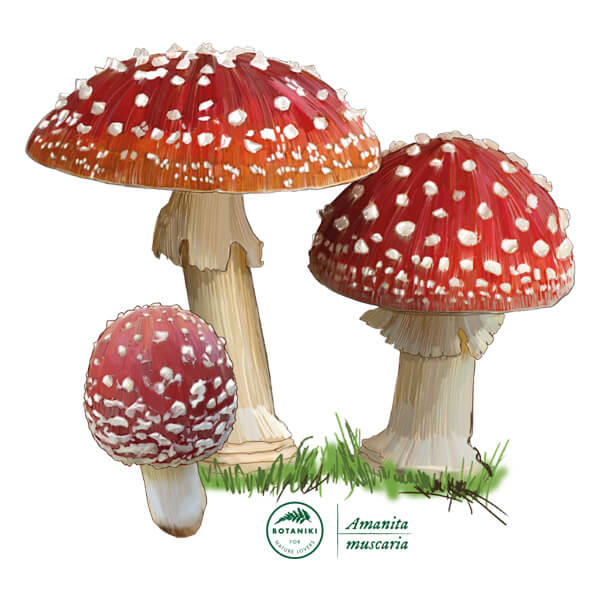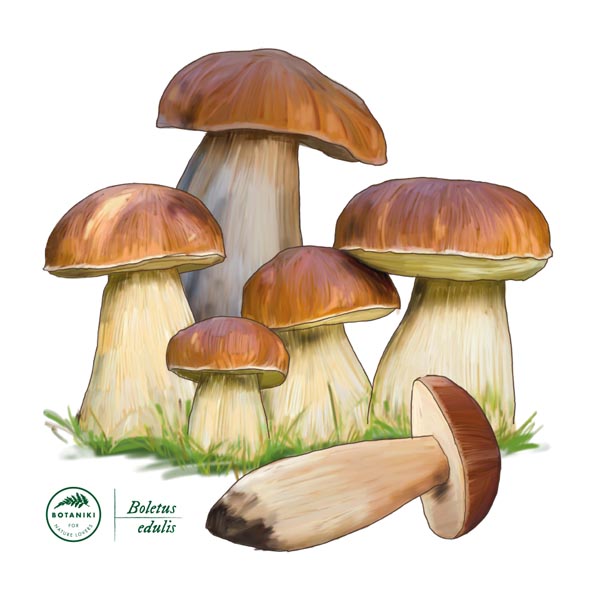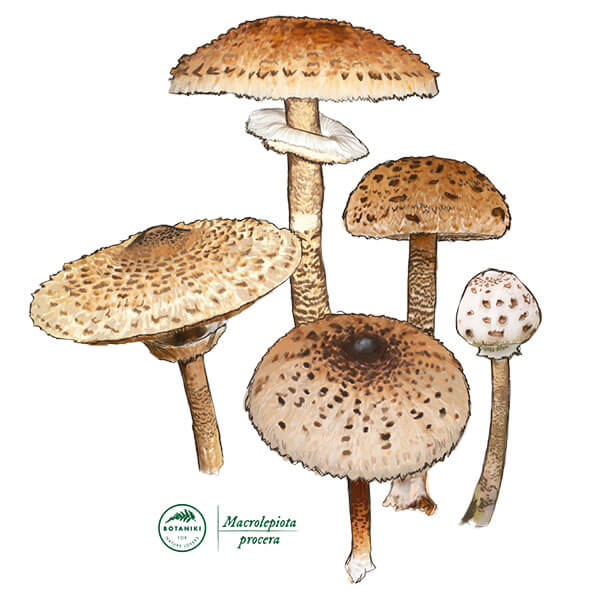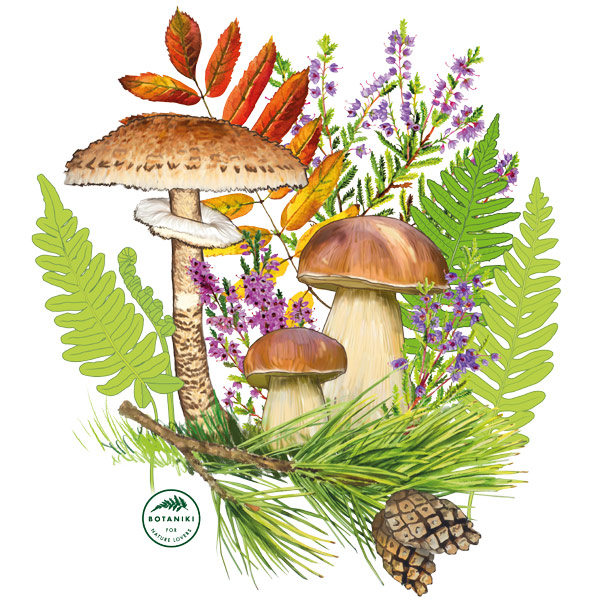Select Design
Select design
Discover botaniki and express your passion for nature with a collection of hand-painted portraits of plants and fungi.
- Perennials and annuals
- Ornamental trees
- Fungi
- Edible plants
- Ornamental shrubs
- Ferns
- Creepers
- Seasonal
- Orchids
Perennials and annuals
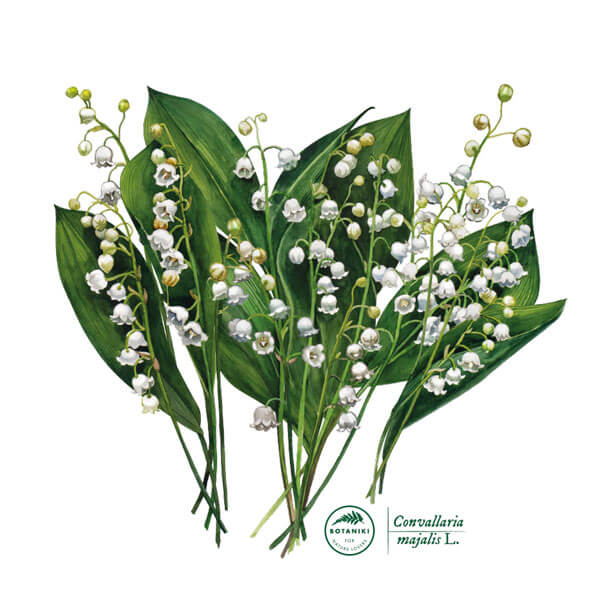
Lily of the valley
Convallaria majalis L.
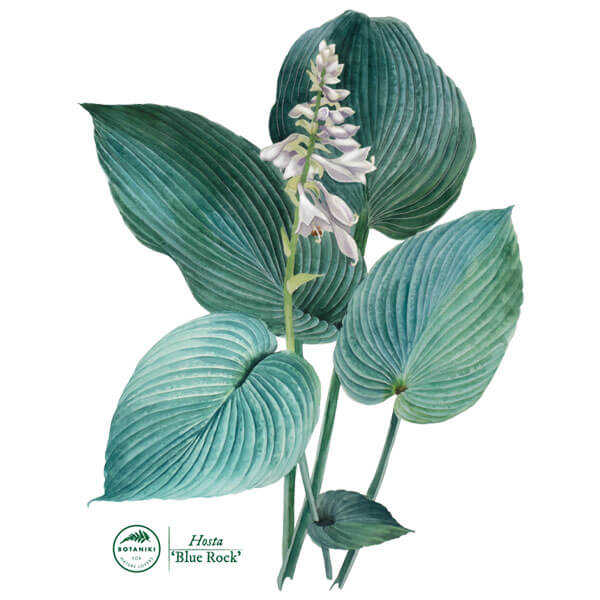
Funkia 'Blue Rock'
Hosta 'Blue Rock'
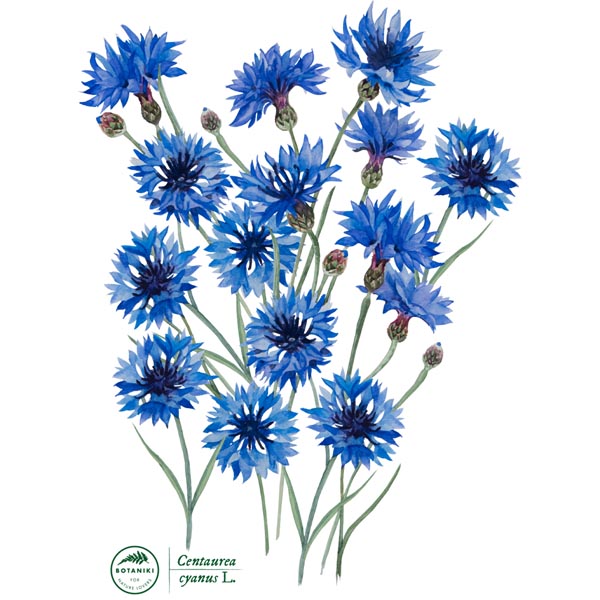
Cornflower
Centaurea cyanus L.
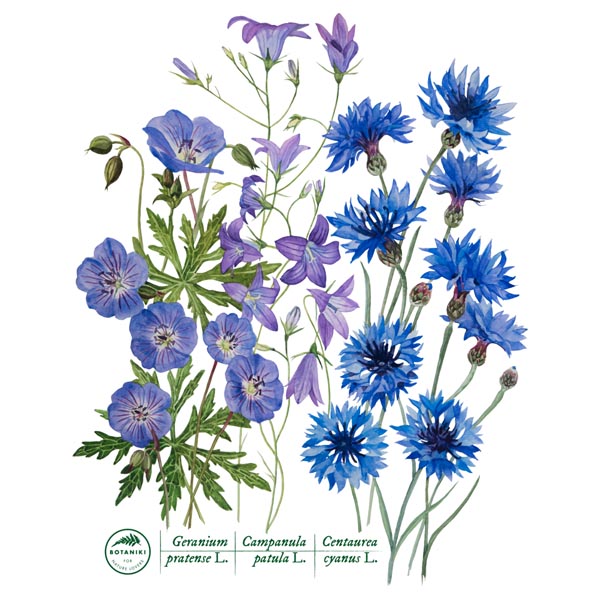
Blue meadow: Meadow geranium, spreading bellflower, cornflower
Geranium pratense L., Campanula patula L., Centaurea cyanus L.
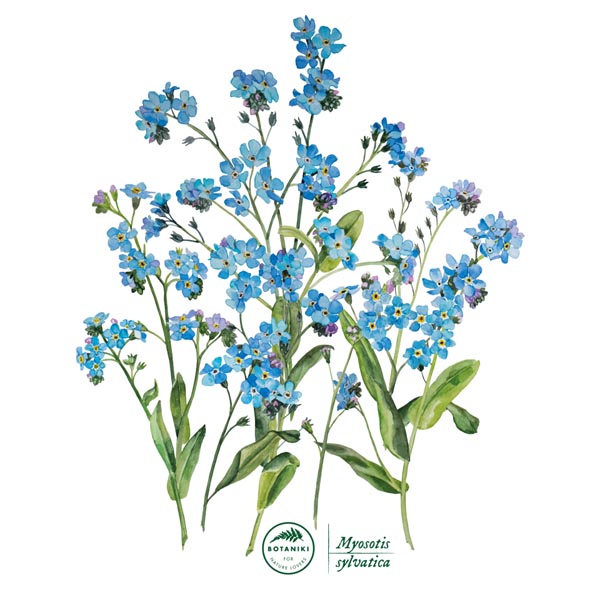
Forget-me-not
Myosotis sylvatica
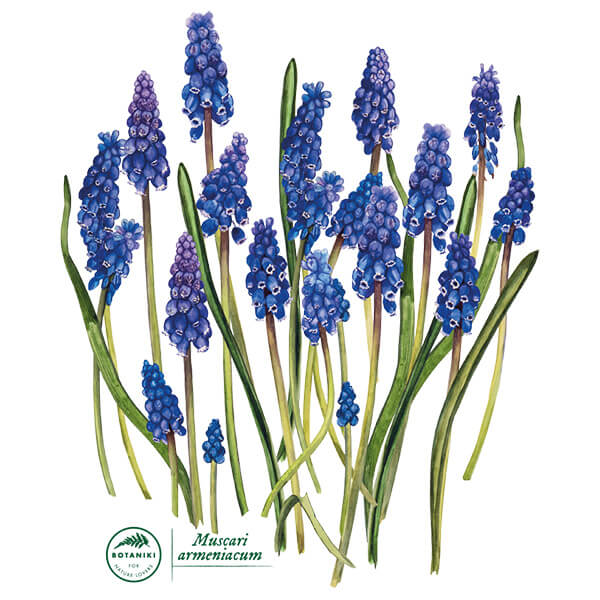
Grape hyacinth
Muscari armeniacum
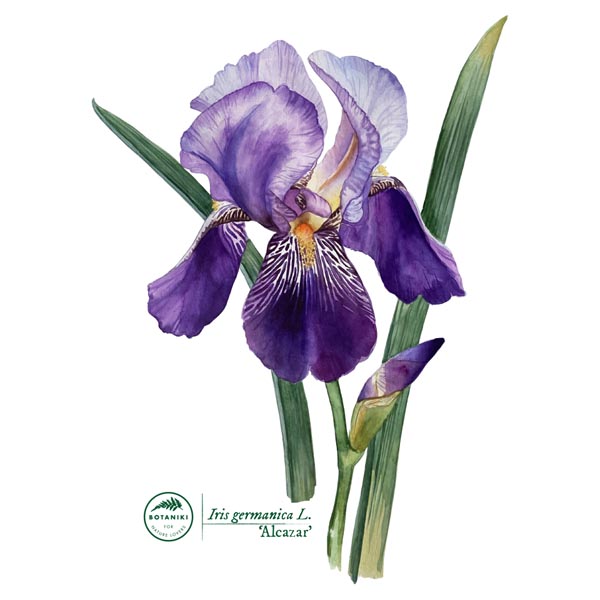
Bearded iris 'Alcazar'
Iris germanica L. 'Alcazar'
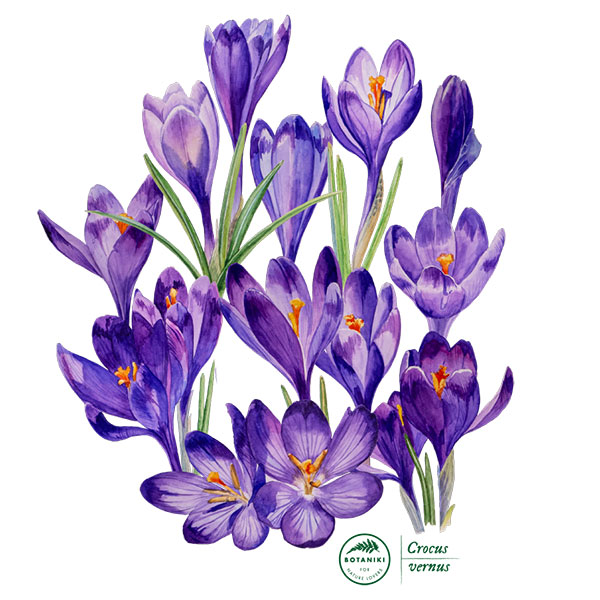
Spring crocus
Crocus vernus
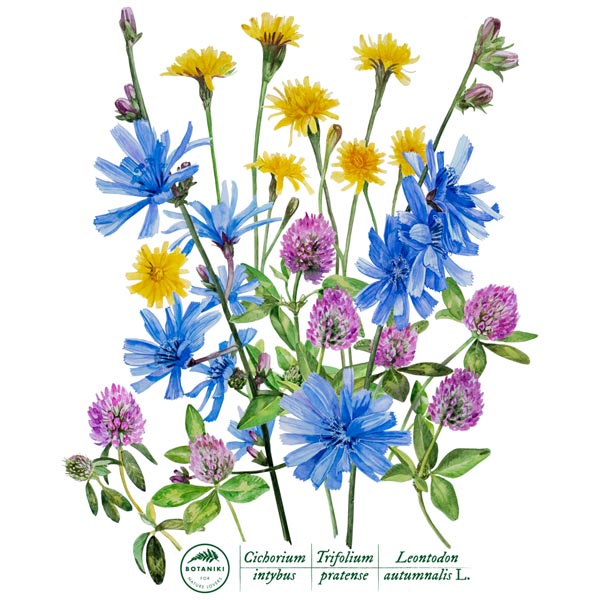
Roadside flowers: Common chicory, red clover, autumn hawkbit
Cichorium intybus, Trifolium pratense, Leontodon autumnalis L.
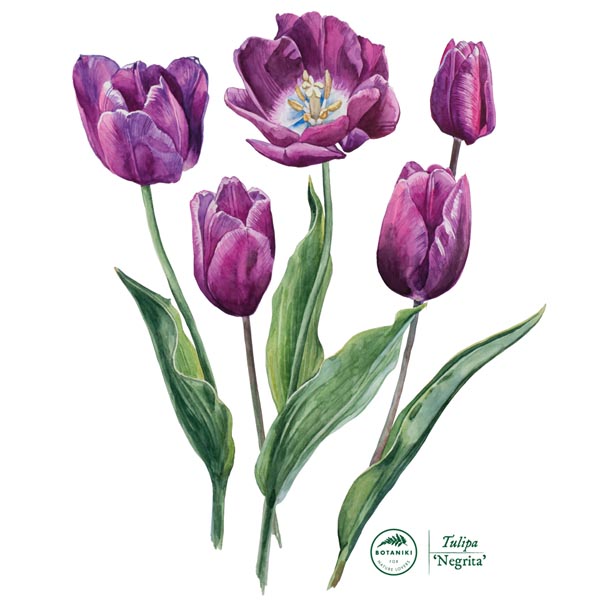
Tulip 'Negrita'
Tulipa 'Negrita'
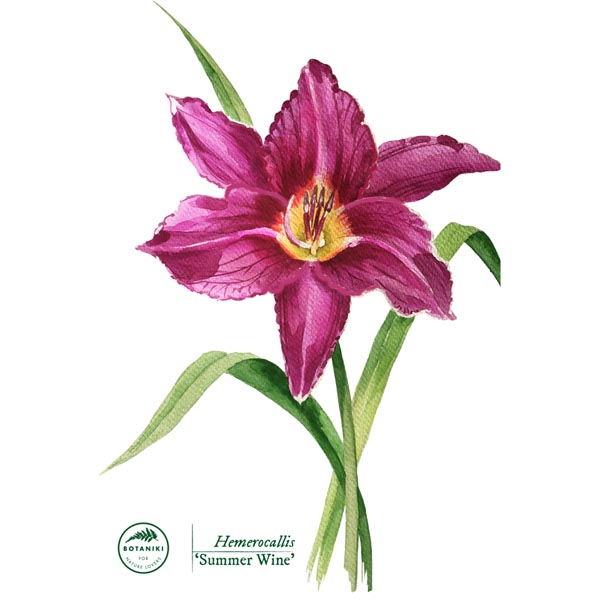
Daylily 'Summer wine'
Hemerocallis 'Summer wine'
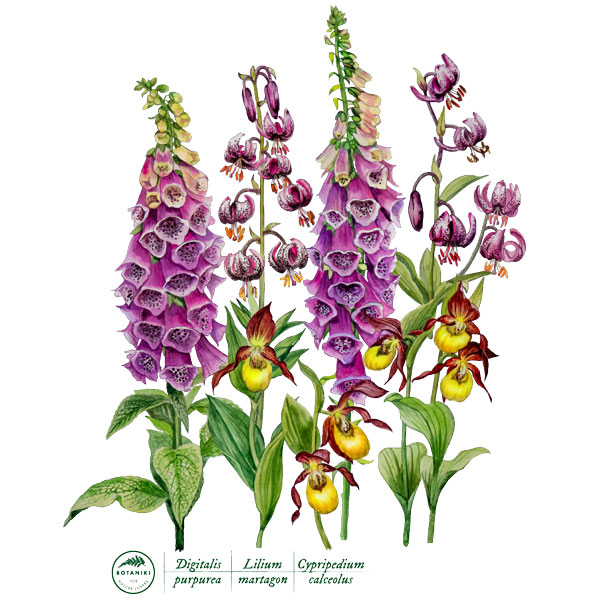
Forest flowers: Purple Foxglove, Lady's Slipper, Martagon Lily
Digitalis purpurea, Cypripedium calceolus, Lilium martagon

Wildflowers: Oxeye daisy, field poppy, cornflower
Leucanthemum vulgare, Papaver rhoeas, Centaurea cyanus L.

Chinese peony 'Sorbet’
Paeonia lactiflora 'Sorbet'

Daylily 'Black Emanuelle'
Hemerocallis 'Black Emanuelle'
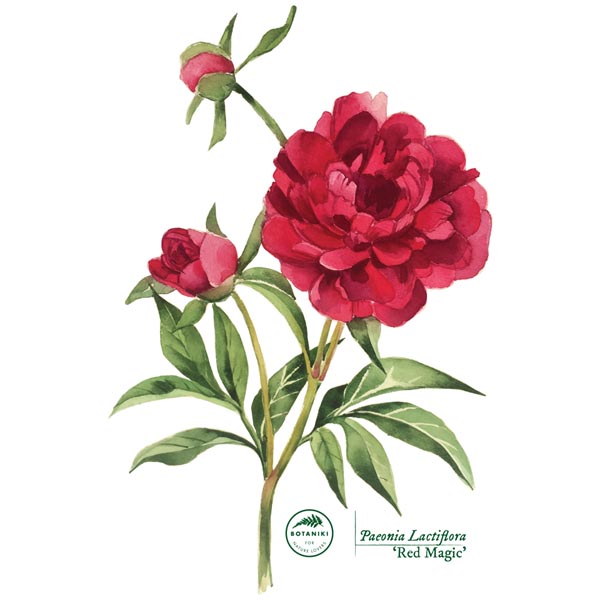
Chinese peony 'Red magic’
Paeonia lactiflora 'Red magic'
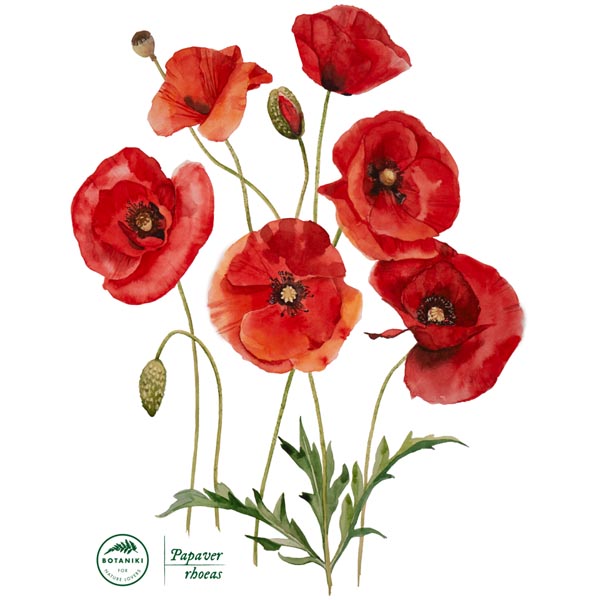
Common poppy
Papaver rhoeas
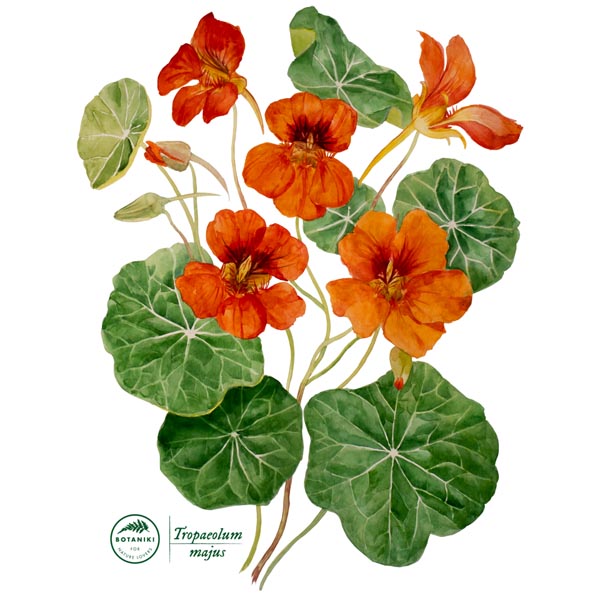
Garden nasturtium
Tropaeolum majus
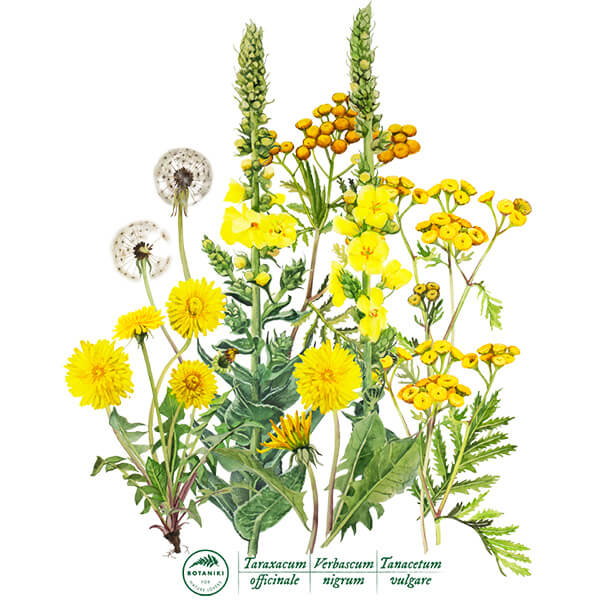
Golden herbs: Black mullein, dandelion, tansy
Verbascum nigrum, Taraxacum, Tanacetum vulgare L.
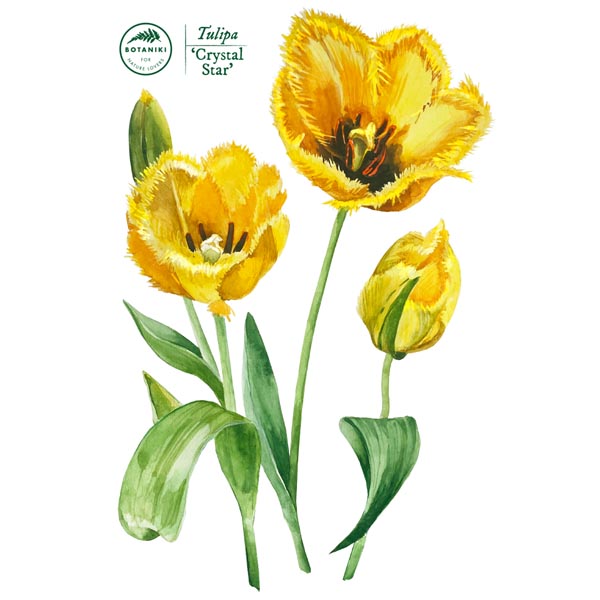
Tulip 'Crystal Star'
Tulipa 'Crystal Star'
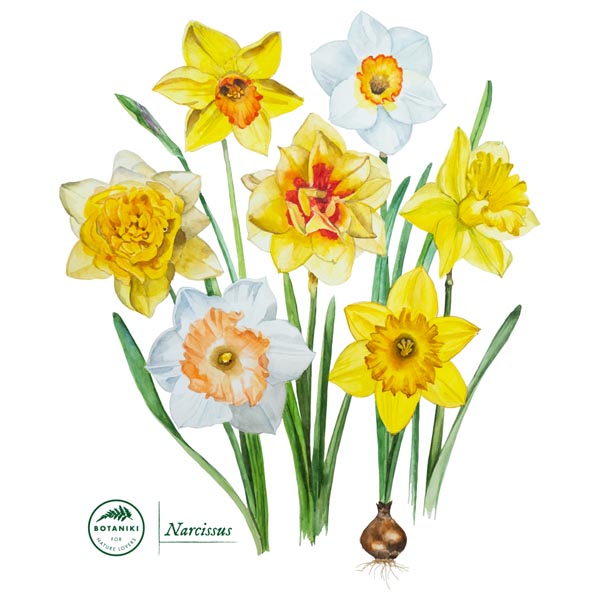
Daffodil
Naracissus
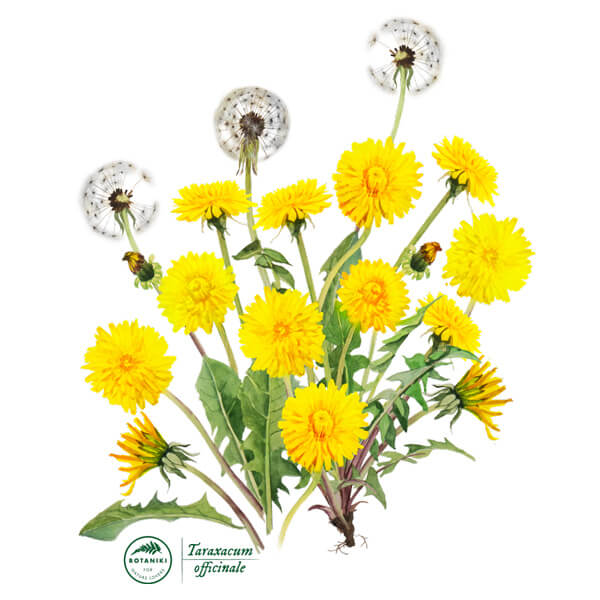
Dandelion
Taraxacum officinale
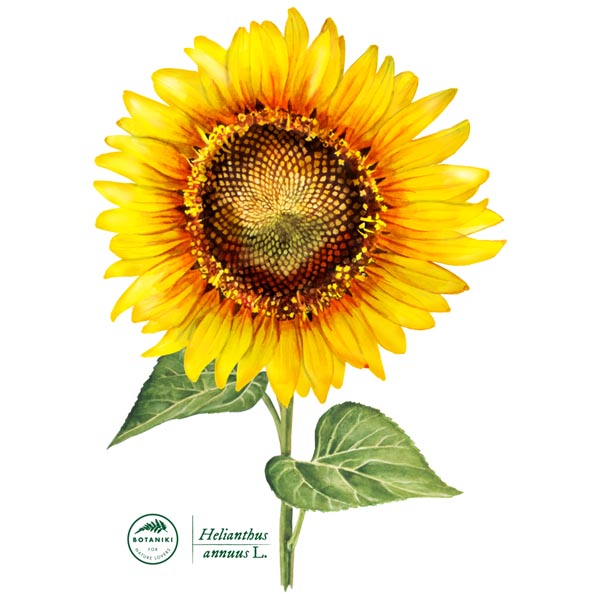
Common sunflower
Helianthus annuus L.
Both groups are distinguished by their abundant flowering and thus form an important part of the biocenosis, often producing large amounts of nectar and pollen necessary for pollinators. Annual plants are incapable of surviving the winter, and therefore grow each year from seeds formed in the previous growing season. Perennials are herbaceous plants without woody parts, whose above-ground organs regrow each season from underground or aboveground modified root parts or stems.
Ornamental trees
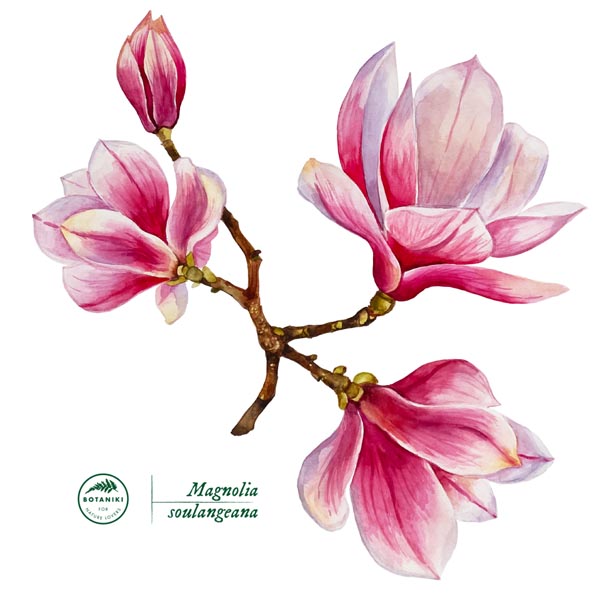
Saucer magnolia
Magnolia soulangeana

Cherry blossom "Kanzan"
Prunus serrulata 'Kanzan'
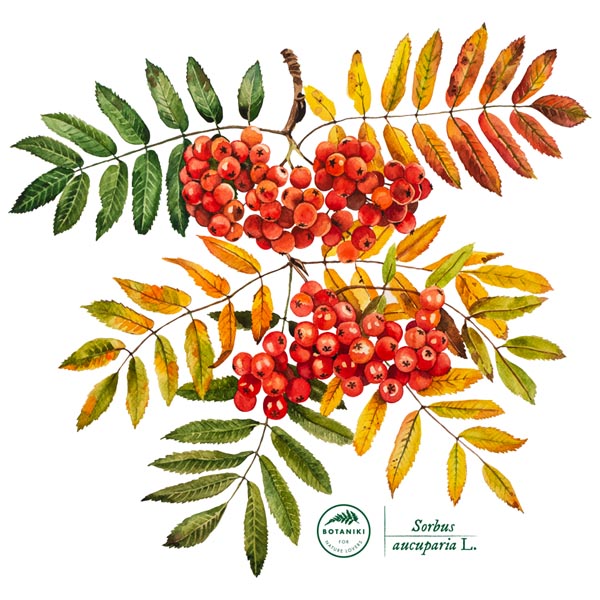
Rowan
Sorbus aucuparia
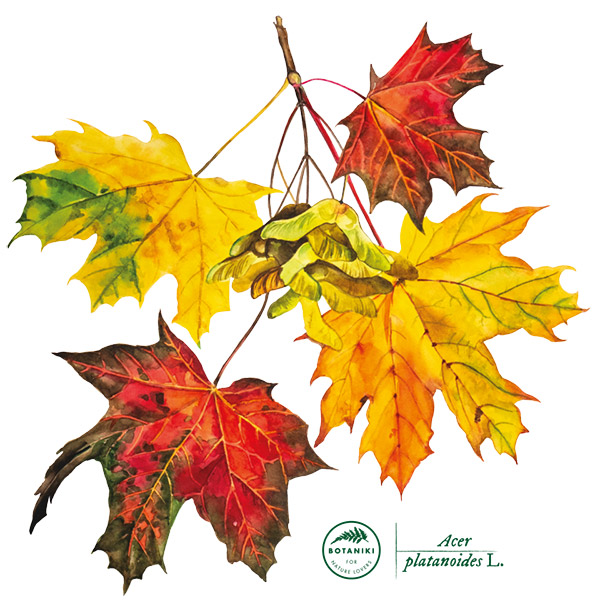
Norway maple
Acer platanoides L.
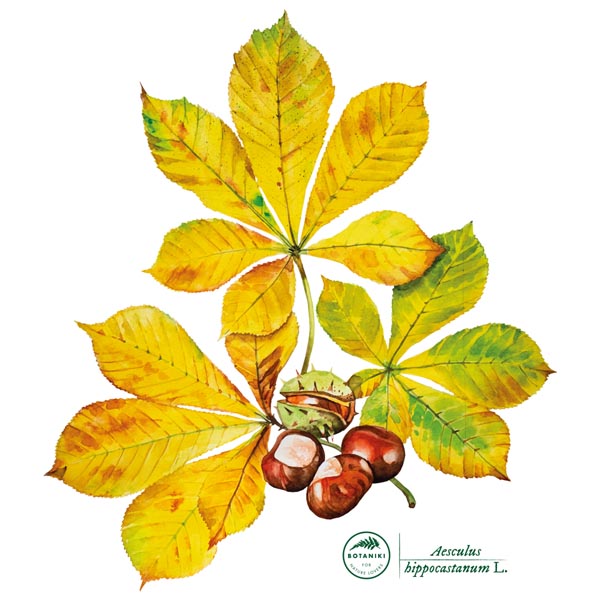
Horse chestnut
Aesculus hippocastanum
Woody plants characterised by the presence of a main stem. Ornamental species and varieties stand out not only when flowering, they often have ornamental bark, an interesting habit or a different leaf colour. They account for about ⅕ of all seed plants currently found on Earth. Among the most numerous representatives are the broad bean, myrtle and myrtle plants.
Fungi
Some of the least understood organisms on Earth. Among the fungal kingdom, there are plant and animal pathogens, as well as edible fungi and those with medicinal properties. They are an integral part of biocenoses ensuring the circulation of elements in nature. In addition to their role in nature, they are an important element of Polish culture and tradition.
Edible plants
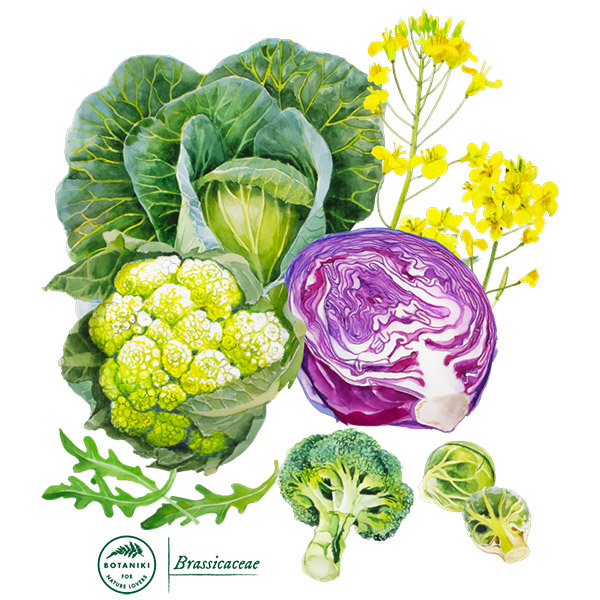
Cruciferous vegetables
Brassicaceae
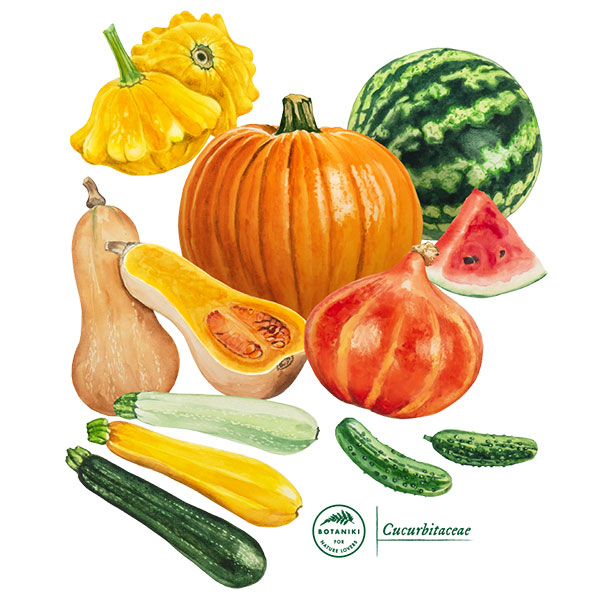
Cucurbits
Cucurbitaceae Juss.
A variety of species that provide nourishment and are used in kitchens around the world. These plants provide essential nutrients such as vitamins, minerals and fiber. Growing edible plants can be a rewarding hobby that promotes a healthy lifestyle and self-sufficiency.
Ornamental shrubs
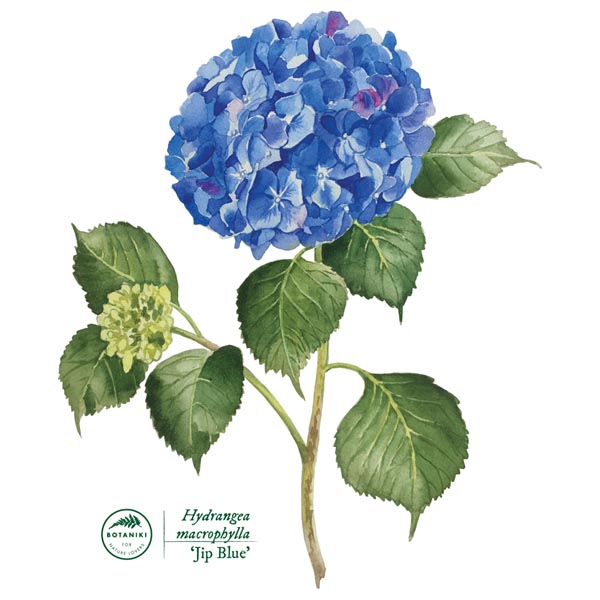
Hortensia 'Jip Blue'
Hydrangea macrophylla 'Jip Blue'
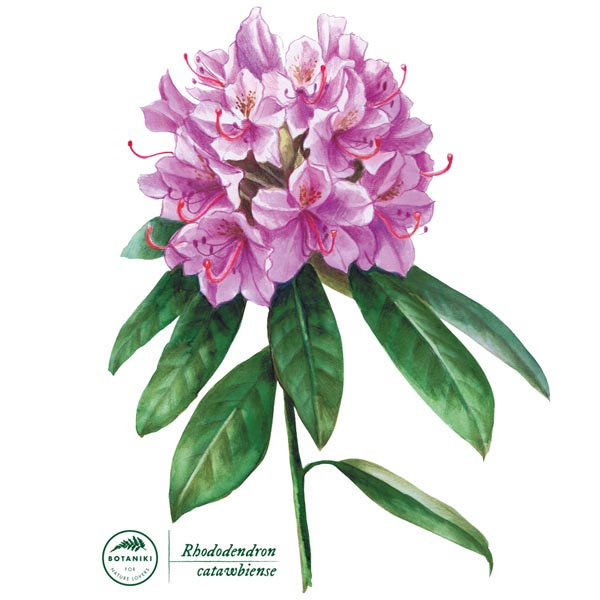
Catawba Rosebay
Rhododendron catawbiense
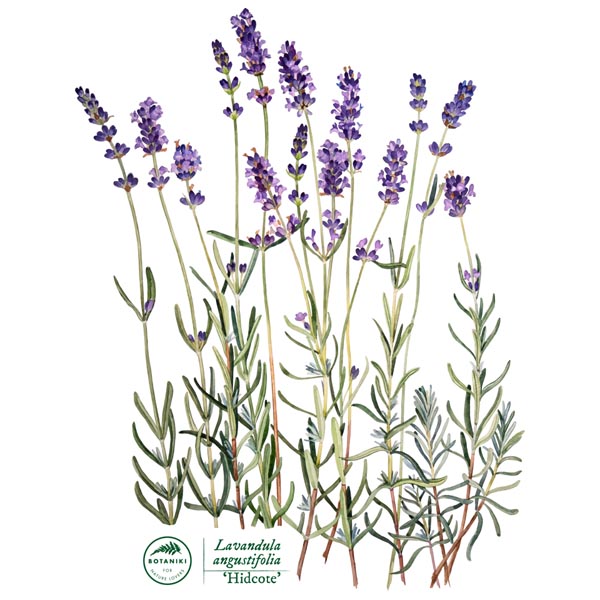
Lavender 'Hidcote'
Lavandula angustifolia 'Hidcote'
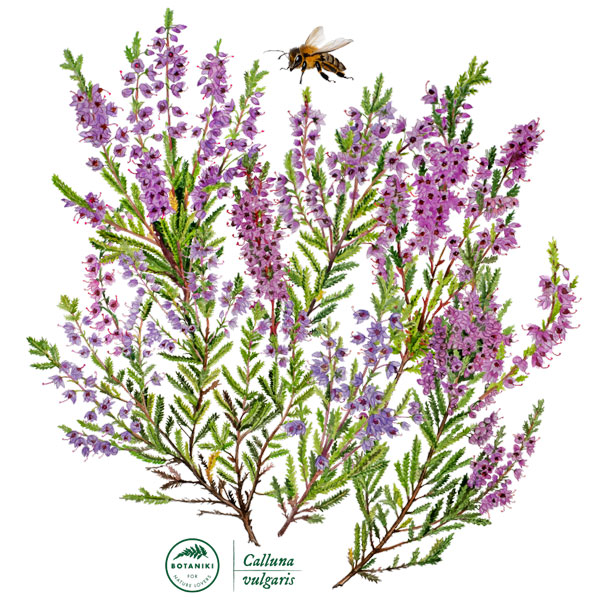
Common heather
Calluna vulgaris
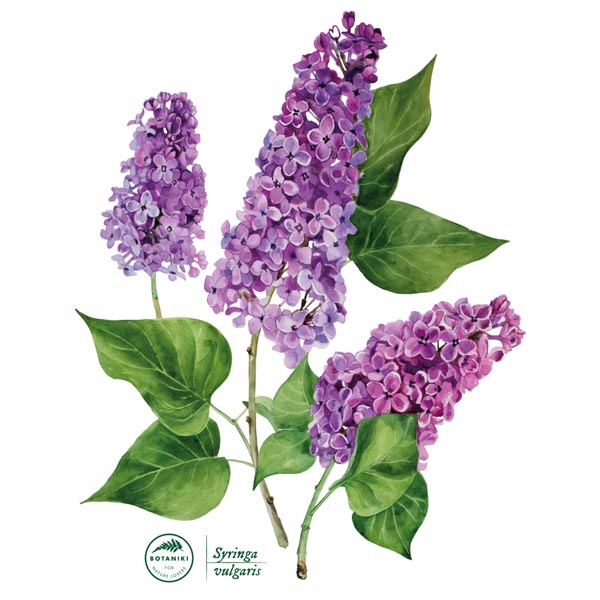
Common lilac
Syringa vulgaris

Common rhododendron
Rhododendron obtusum
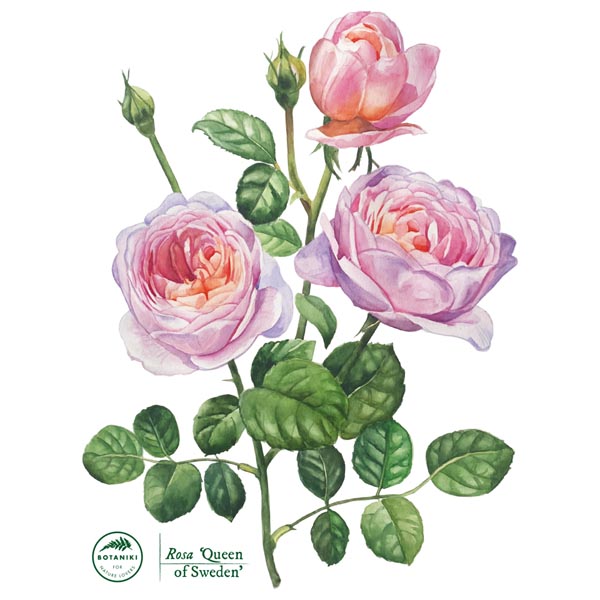
Rose 'Queen of Sweden'
Rosa 'Queen of Sweden'
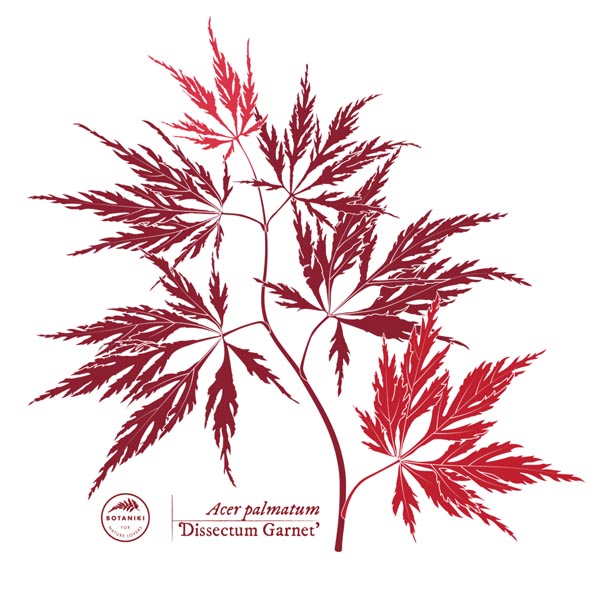
Japanese maple 'Dissectum Garnet'
Acer palmatum 'Dissectum Garnet'
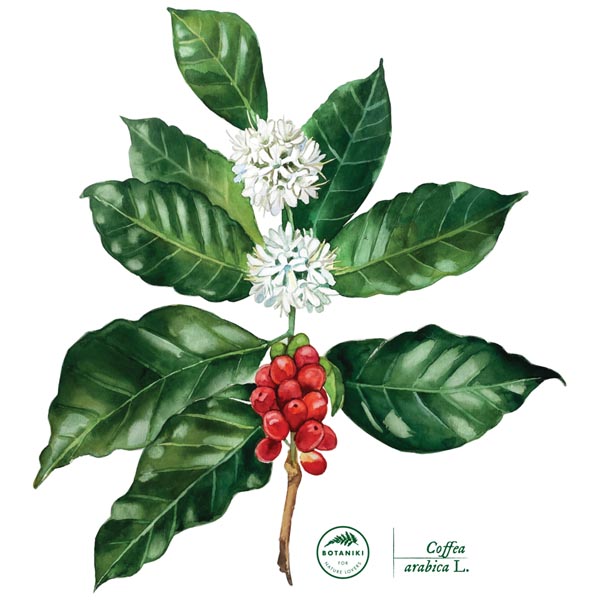
Arabic coffee
Coffea arabica L.
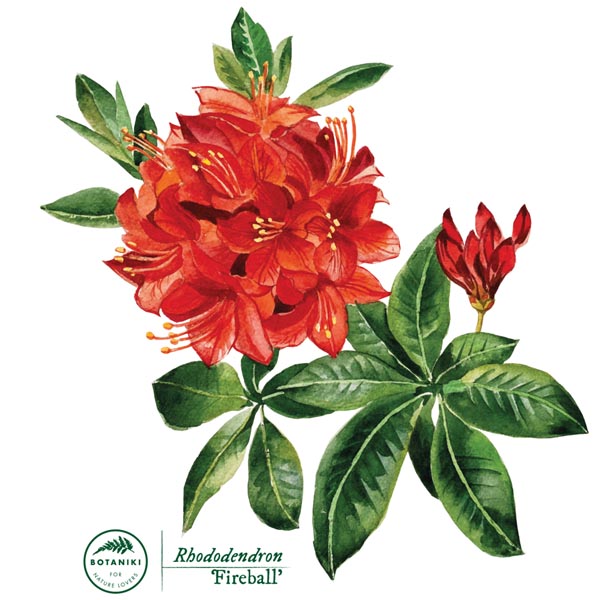
Azalea "Fireball"
Rhododendron luteum 'Fireball'

Rose 'Crimson Bouquet'
Rosa 'Crimson Bouquet'
Shrubs are perennial woody plants without a distinct crown and main stem - the trunk. They encompass a wide taxonomic range of families, cultivars and species, allowing them to fulfil a wide range of functions - from ground cover plants to ornamental solitary plants to screening plants planted as hedges. They are plants that are readily planted in gardens as they usually do not have high environmental requirements.
Ferns
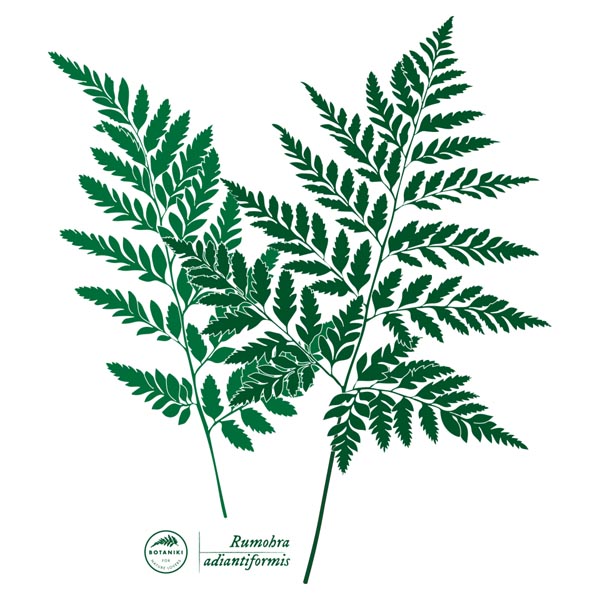
Leather fern
Rumohra adiantiformis
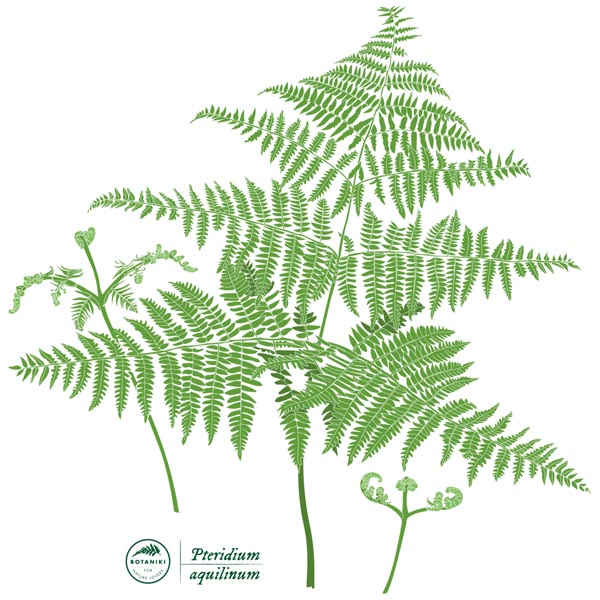
Bracken
Pteridium aquilinum
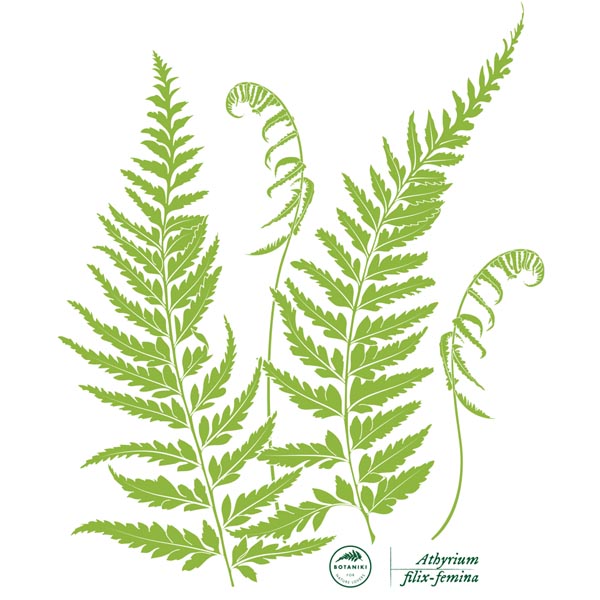
Lady fern
Athyrium filix-femina
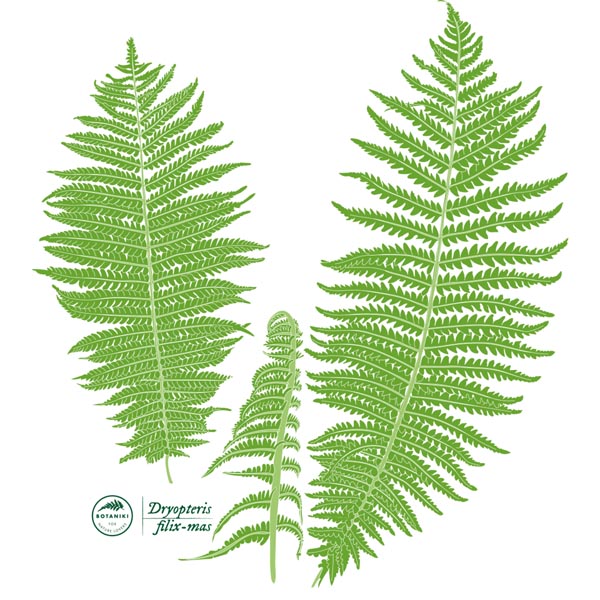
Male fern
Dryopteris filix-mas
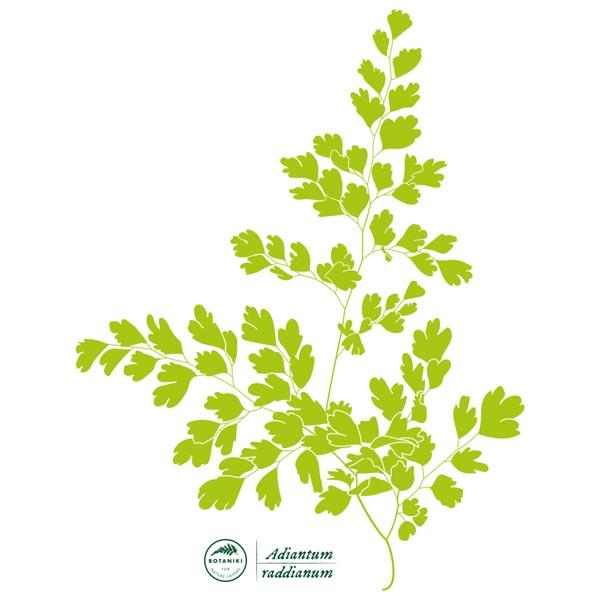
Maidenhair fern
Adiantum raddianum
They belong to the class of ferns and are considered one of the oldest organisms on Earth. They prefer moist and not too sunny positions. Most of them are found in the intertropical climate zone. In Poland, they are a frequent part of the undergrowth of oak forests and are generally planted in shady parts of kitchen gardens and city parks.
Creepers
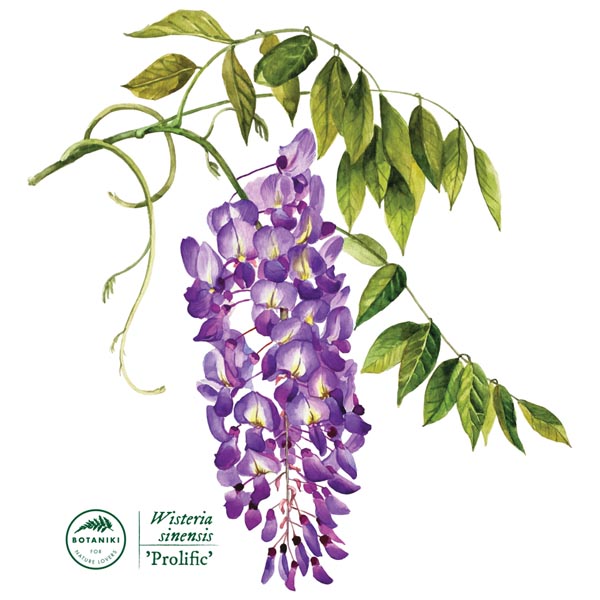
Chinese wisteria 'Prolific'
Wisteria sinensis 'Prolific'
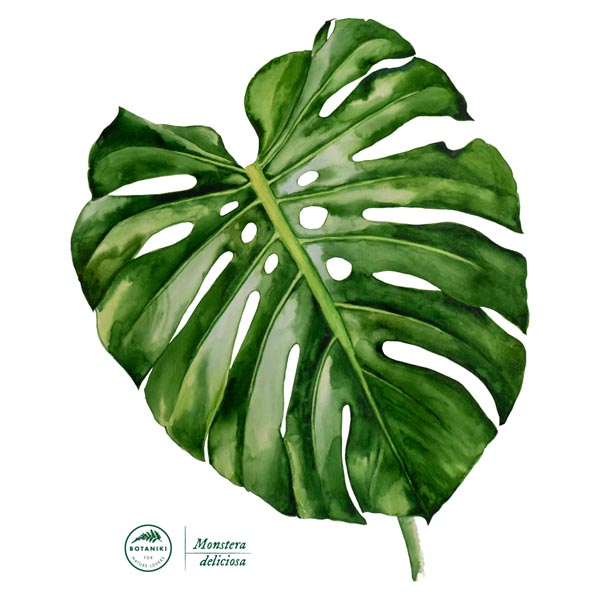
Monstera
Monstera deliciosa
Plants with an elongated habit, distinguished by long internodes and dynamic growth. They often use woody plants and buildings as supports. To facilitate their growth, they can twine around supports, produce roots and clinging tendrils and even thorns and thorns.
Seasonal
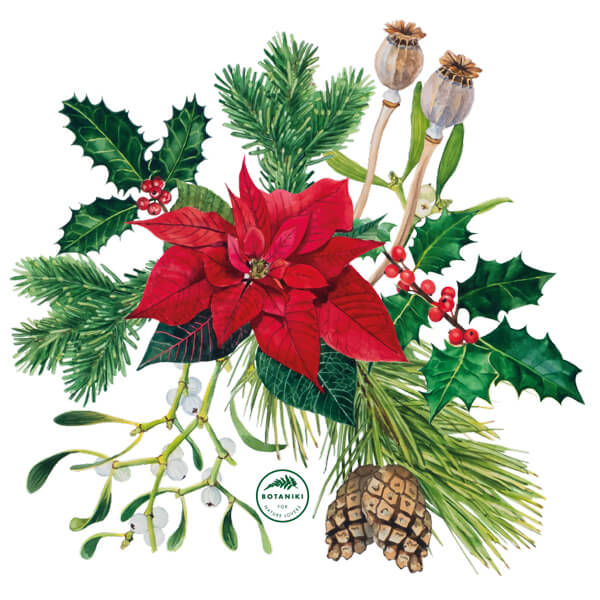
Winter bouquet
Euphorbia pulcherrima, Papaver somniferum L., Abies alba, Pinus sylvestris, Ilex
Orchids
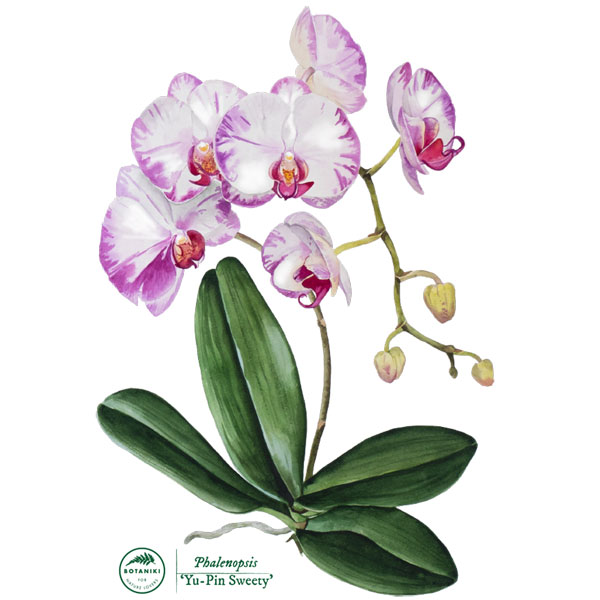
Orchid Phalaenopsis 'Yu-Pin Sweety'
Phalaenopsis

Forest flowers: Purple Foxglove, Lady's Slipper, Martagon Lily
Digitalis purpurea, Cypripedium calceolus, Lilium martagon
